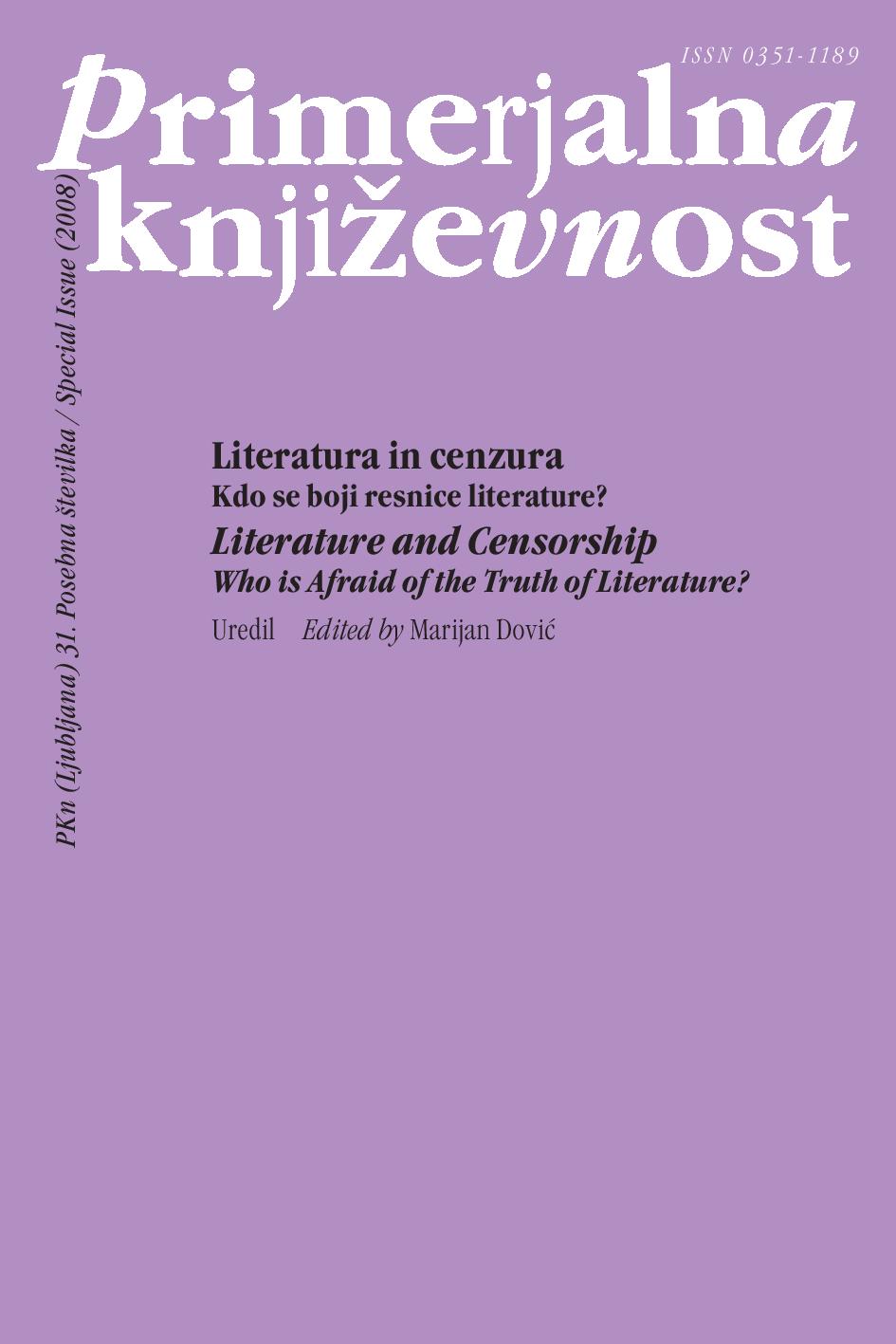Untimely Rewriting: Memory and Self-Censorship in Camus’ Le Premier homme
Keywords:
literature and censorship, French literature, autobiographical novel, historical memory, Camus, Albert, self-censorship, AlgeriaAbstract
Censorship invariably generates images of repression, prohibition, and sanction, thus positioning the author as a transgressive figure, heroic or subversive, victim or villain. However, censorship does not always require an external agent. Indeed, when it takes the form of self-censorship it frequently blurs the boundaries between the writing subject and the mechanisms and agencies of repression. This paper focuses on a high-profile French example of self-censorship – Albert Camus, and the Algerian war of independence – and explores some of the mechanisms used to silence the grievances of one community in order to ground the claims of another. The central argument is that Le Premier homme is a political text, a process of selective remembering seeking ways of rewriting the history of French colonialism in Algeria and proposing an ethical basis for a dialogic political project.References
Camus, Albert. Cahiers Albert Camus (6). Pariz: Gallimard, 1987.
– – –. Chroniques algériennes, Actuelles III. Pariz: Gallimard, 2002.
– – –. Le Premier homme. Pariz: Gallimard, 1994. [Prvi človek. Prevedla Mojca Mihelič. Ljubljana, Nova revija, 2002. Zbirka Samorog]
– – –. Œuvres complètes II (1944–1948). Pariz: Gallimard, 2006.
Camus, Albert; Grenier, Jean. Correspondance 1932–1960. Pariz: Gallimard, 1981.
Dunwoodie, Peter. Writing French Algeria. Oxford: Clarendon, 1998.
Dunwoodie, Peter; Hughes, E. J. (ur.). Constructing Memories. Camus, Algeria and the Premier homme. Stirling: Stirling University Press, 1998.
Noël, Bernard. Le Château de Cène. Pariz: Gallimard, 1990.
Ricardou, Jean. »La Révolution textuelle.« Esprit 12 (1972).
Ricoeur, Paul. La Mémoire, l’histoire, l’oubli. Pariz: Editions du Seuil, 2000.


